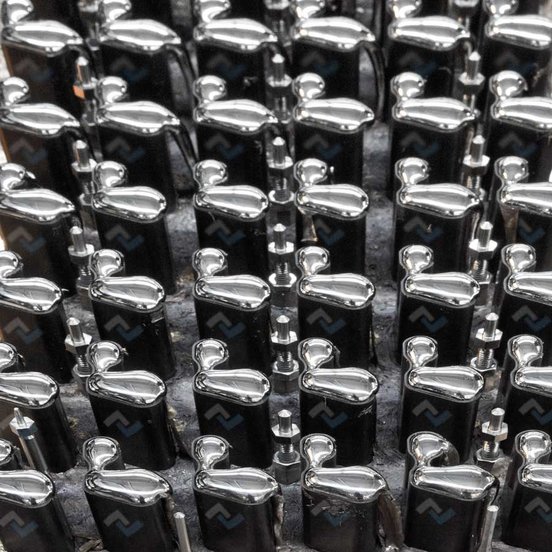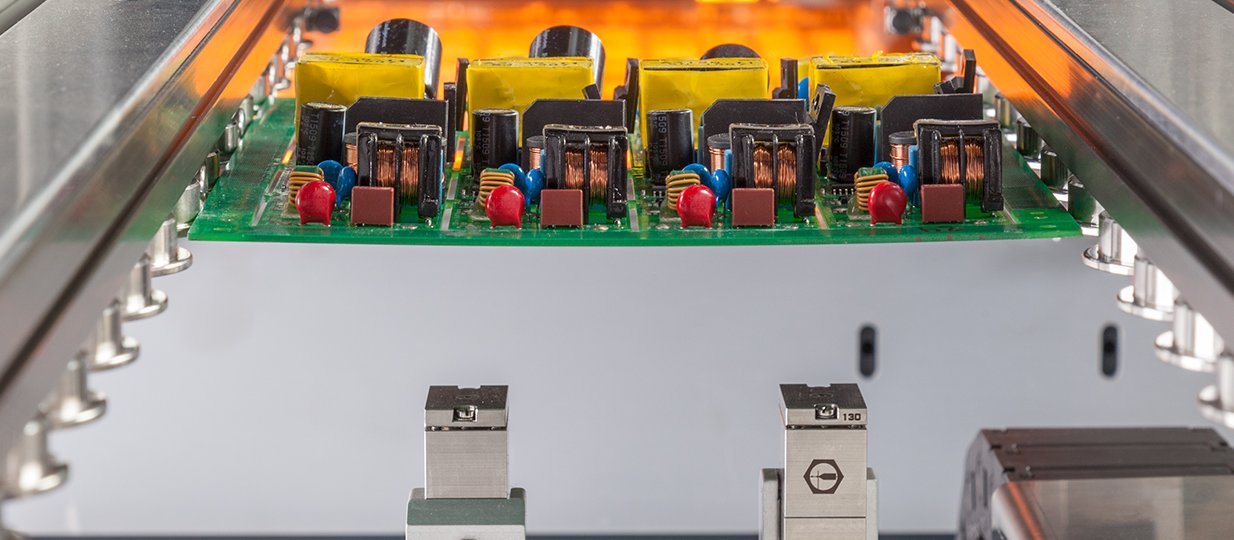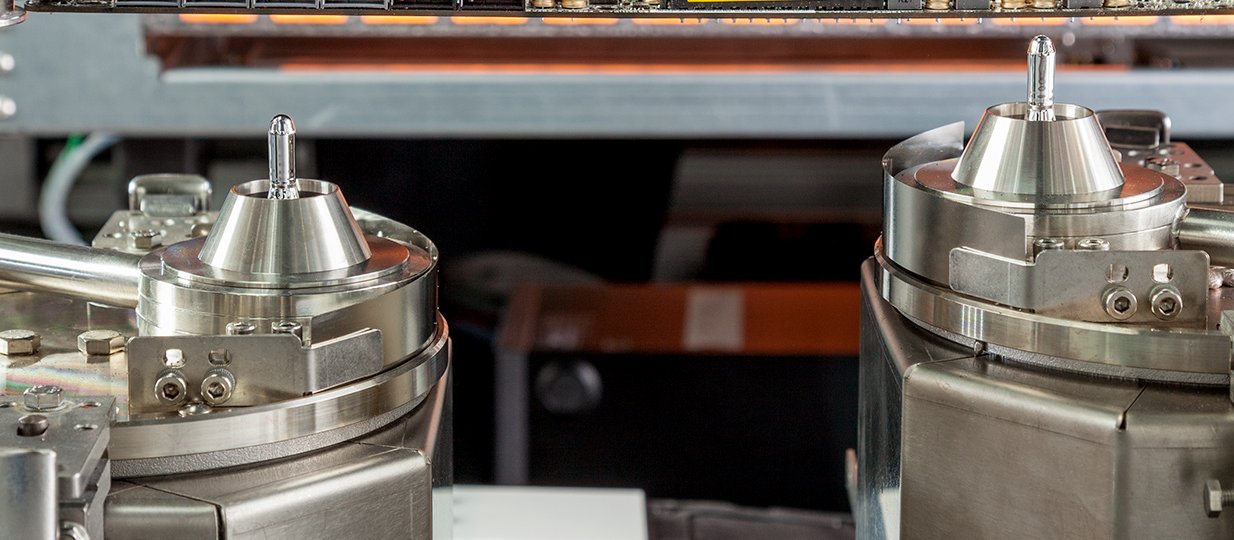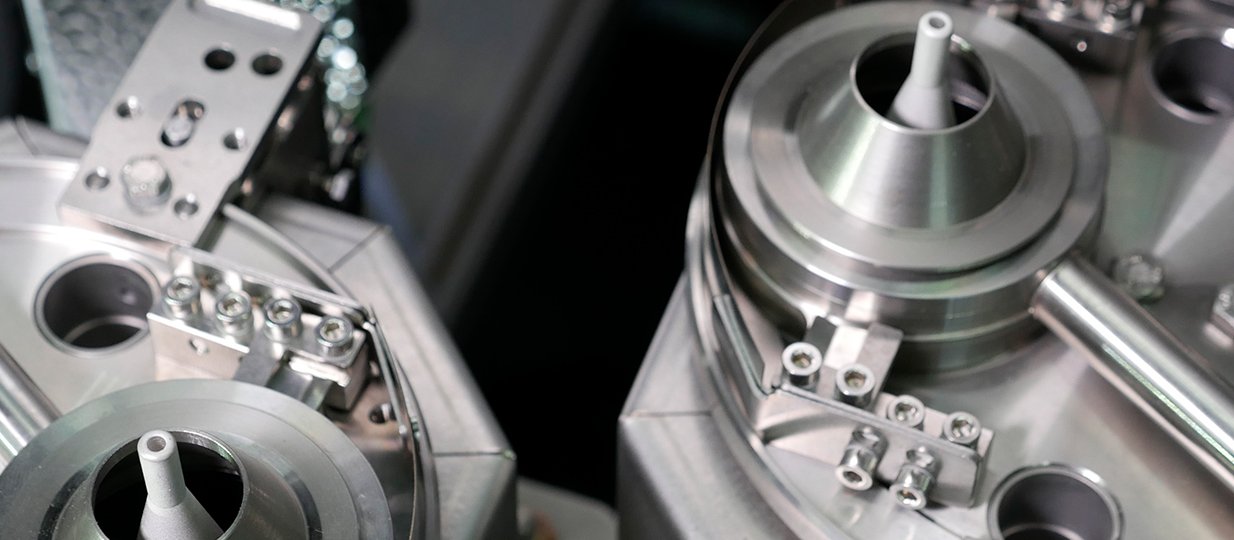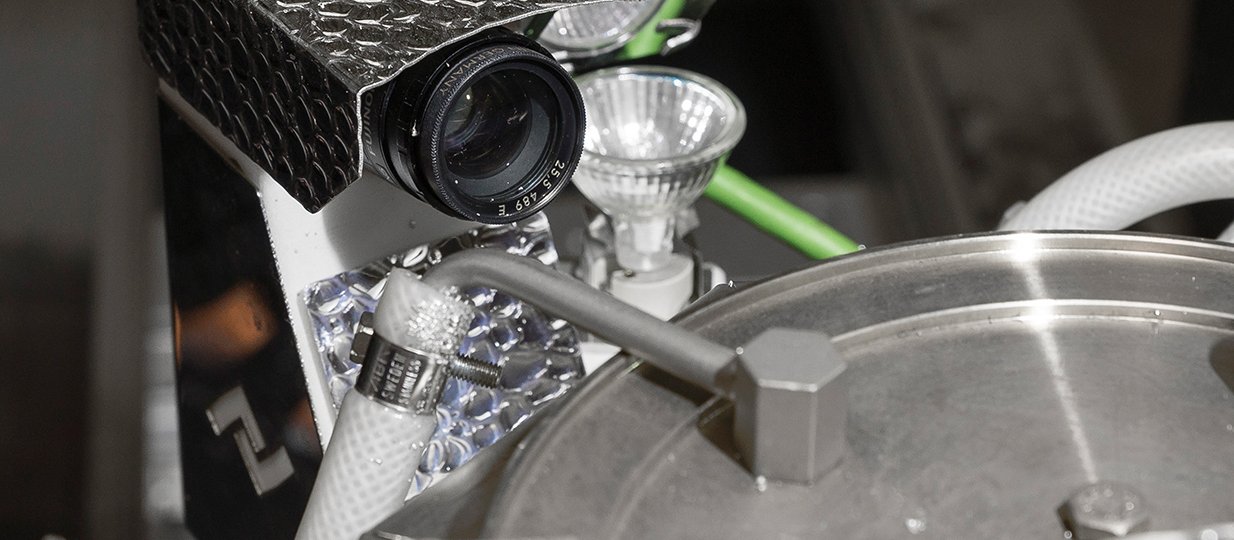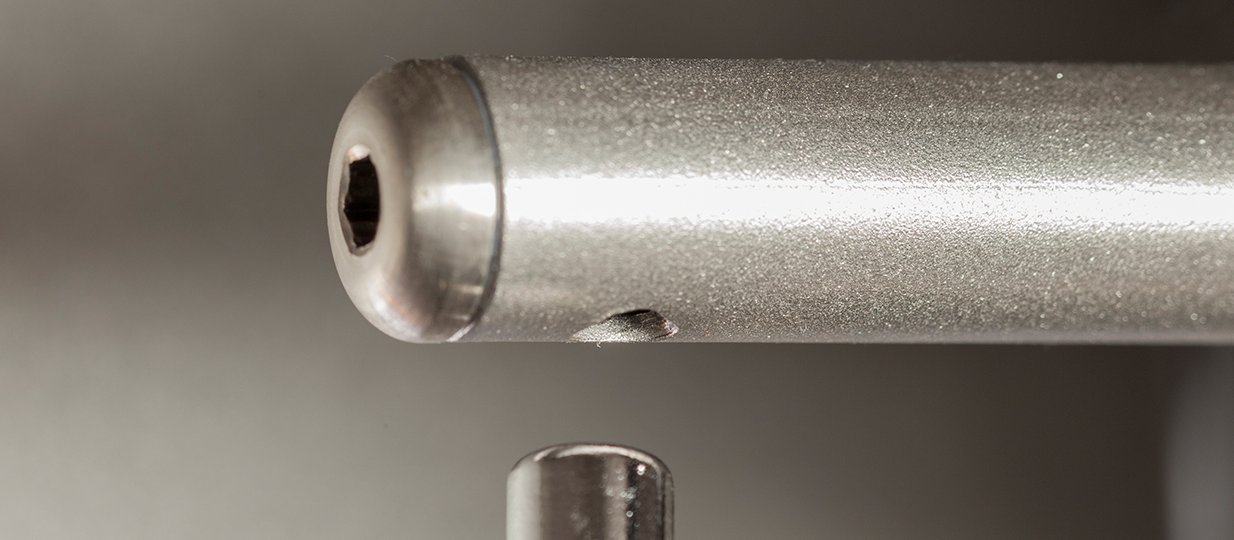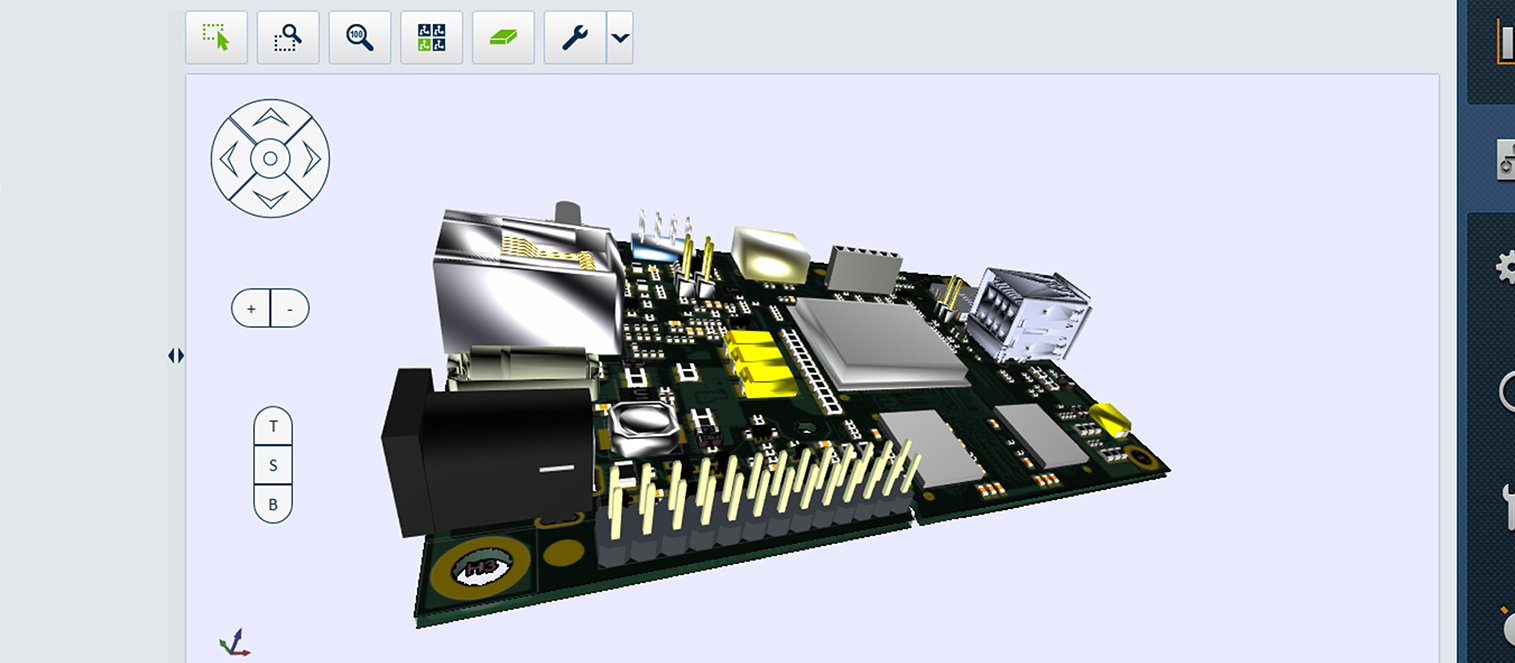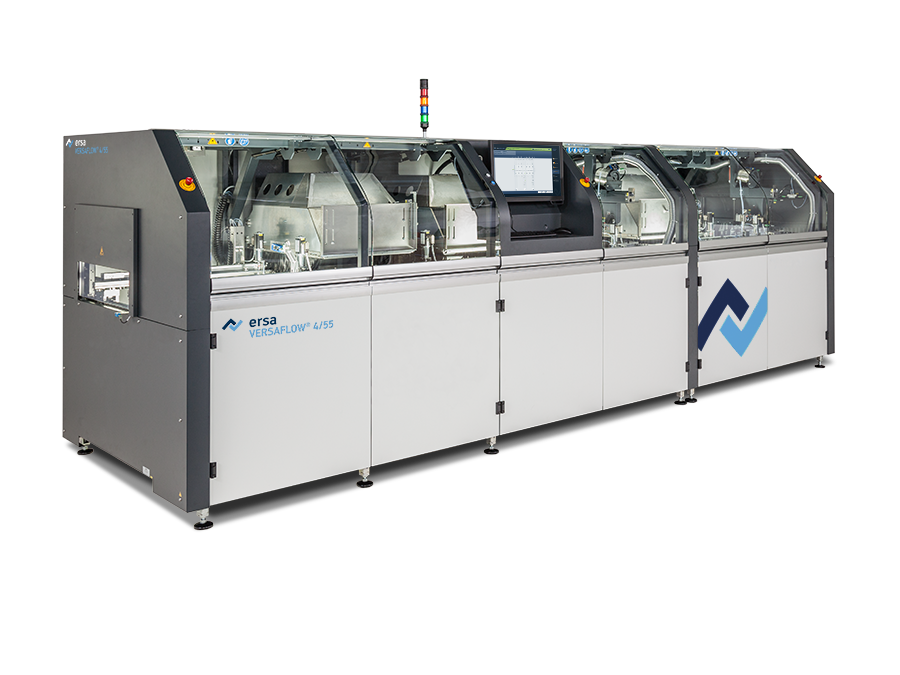Technology Selective Soldering
Selective Soldering
A class of its own -
today and tomorrow!
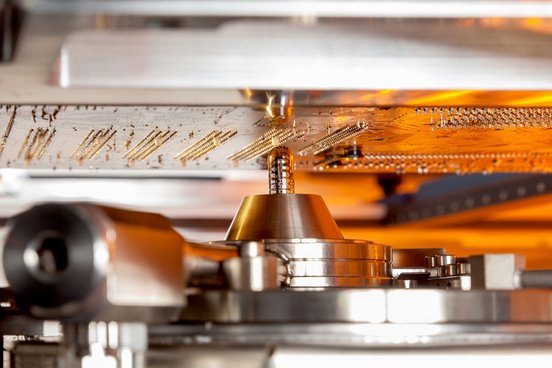
With top technology and modular design, Ersa Selective Soldering Systems meet the highest demands for flexibility and throughput – perfectly tailored to every need and budget. A class of its own, a class for you!
Selective Soldering - the quality standard for THT components
Selective soldering is the soldering process of individual wired components on PCBs. The component spectrum usually includes components with low solder heat resistance or dimensions that are too large for the SMD reflow process. Compared to the classic wave soldering process, the heat input into the assembly group is much lower and solder masks are not required. Because of the individual adjustment of the soldering parameters per solder joint, the process is characterized by highest quality and reproducibility.
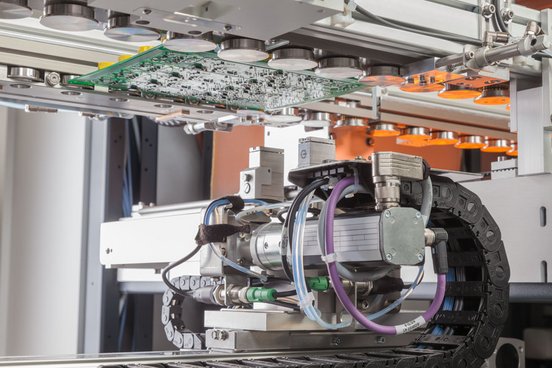
Fluxing
The fluxing system of a selective soldering machine must meet several requirements at the same time. In addition to precision and speed, high-quality fluxing processes require a high degree of reliability. The PCB areas that are not wetted by the selective soldering shafts must not be exposed to flux.
State-of-the-art multidrop flux heads from industrial inkjet technology are used for this purpose. The flux is not atomized, but applied in individual small droplets specifically to previously defined areas. For the issues of flexibility, throughput and process reliability, Ersa offers various options to meet a wide range of customer requirements.
Highlights/Options:
- multidrop precision fluxer
- up to 4 spray heads possible
- 2 flux tanks possible
- continuous checking of the flux application
- 2 fluxer modules possible
Preheating
The aim of the preheating process is to homogeneously heat the printed circuit board before it is transported to the soldering module. The aim here is to provide up to 50 percent of the heat energy via infrared bright radiators, so that the PCB is not shock-heated when it comes into contact with the liquid solder.
Lead-free, multilayer and high-energy selective soldering applications, as well as the drive to always operate at the most optimal cycle times, require continuous improvement in temperature performance. Especially for assemblies with high solder heat requirements, proper activation of the flux is essential for optimal wetting of the solder joints to ensure good capillarity and thus solder penetration. To meet these diverse challenges, Ersa selective soldering machines can be equipped with up to five preheating modules and optional top heaters.
Highlights/Options
- infrared bottom heating, segmentable for higher throughput
- various top heaters with full or partial convection
- pyrometer for temperature monitoring and logging
- heating surface adjustable by program
- power convection for homogeneous heating
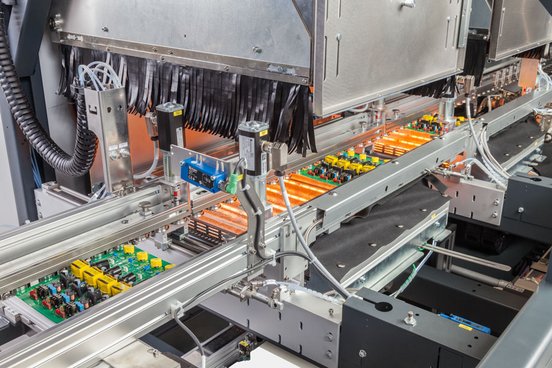
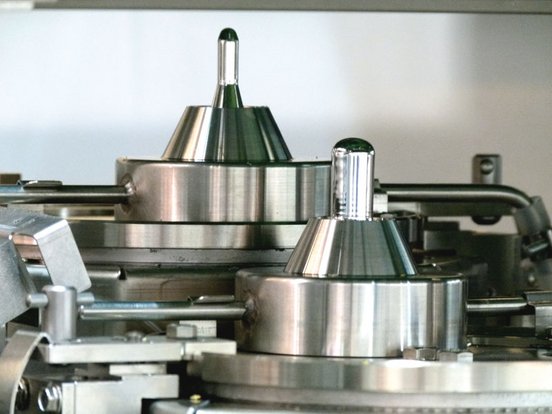
Mini-wave Soldering
In the basic version of mini-wave soldering, a single solder nozzle is used, which solders each solder joint one after the other. This provides maximum flexibility in combination with the highest quality, as the soldering parameters can be set individually for each solder joint.
Regardless of which selective soldering machine the customer chooses – there are no compromises when it comes to soldering technology. All Ersa selective soldering machines are equipped with an electromagnetic solder pump. This technology offers the advantage of minimal dross due to the absence of mechanically moving parts, making the crucible extremely low-maintenance. The pump ensures an extremely constant flow rate, thereby providing an accurate and finely adjustable solder wave height. Dynamic process parameters, such as solder level, solder wave height and solder temperature, are continuously monitored and documented.
Highlights:
- highest flexibility due to variable y- and z-axis
- individually adjustable parameters for each solder joint
- 360° soldering, no preferred soldering direction
- no costs for tools
- no lead time
Multi-wave Soldering
Selective soldering processes lead to economic success if the processes are precisely adapted to the applications and quantities. A very important factor in this context is productivity, i.e. the throughput of assemblies through the soldering system.
This is implemented in practice by multi-wave soldering technology. At the heart of the soldering units are product-specific soldering tools with individually designed solder nozzles that deliver the solder simultaneously and precisely to the soldering points of the wired components. This technology allows pure soldering times per assembly in the range of 2-3 s, independent of the number of components to be soldered. Selective soldering systems based on multi-wave technology guarantee a stable, reproducible selective soldering process with short cycle times.
Highlights:
- short cycle time due to simultaneous soldering
- process time independent of the number of solder joints
- maintenance “on the fly” (2 solder modules)
- minimum distances to neighboring SMT components can be realized
- best energy transfer due to continuous solder flow
